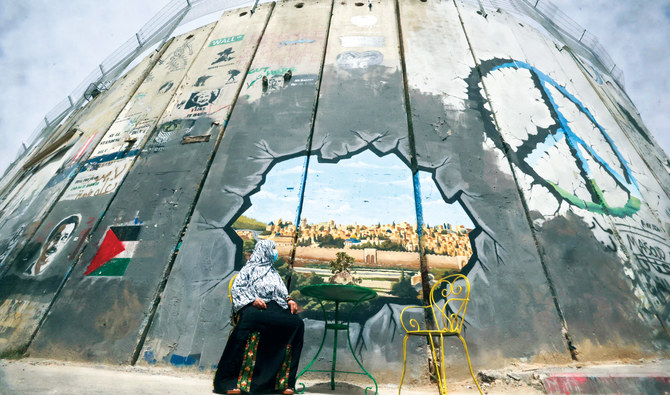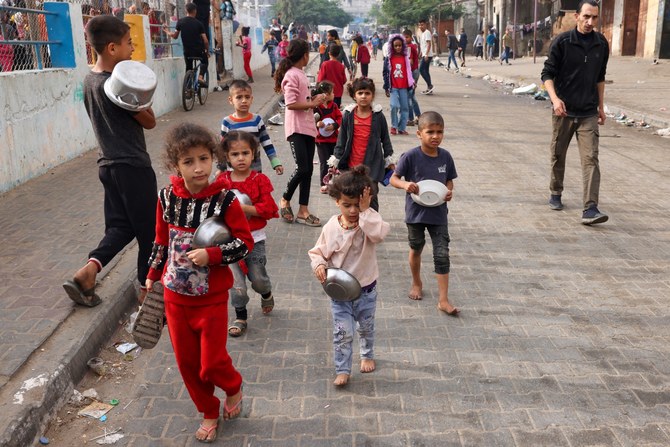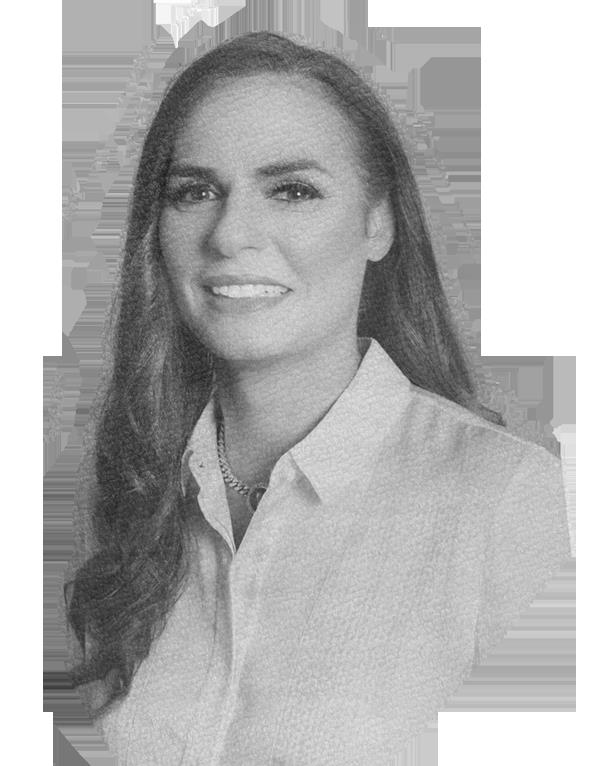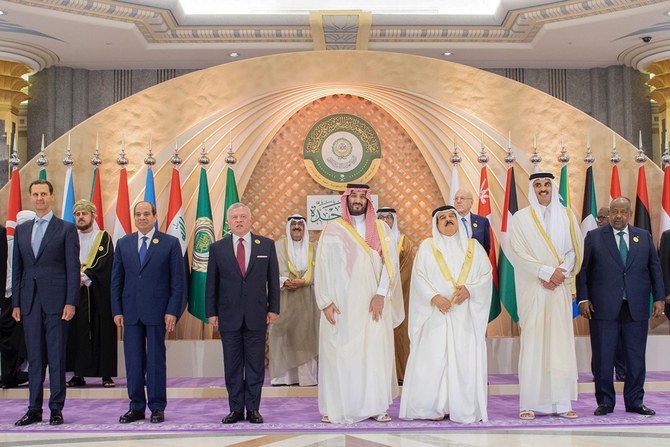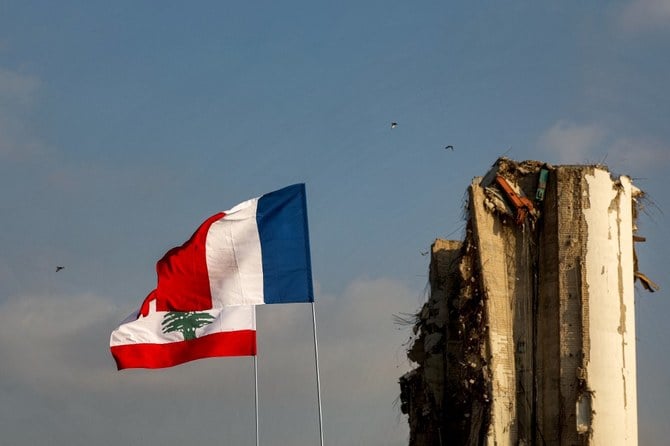
France, Saudi Arabia, Qatar, Egypt and the US — the five countries represented at Monday’s Paris meeting on Lebanon — have more complicated relations between them and with Iran than the problem they are trying to solve. The menu includes the war in Ukraine, relations with Russia and the global energy and food situation, as well as their internal politics and regional relations — no less than a global order in transition. By the time analysts dissect the geopolitics involved in the meeting, Lebanon’s problems may seem simple in comparison.
The question is why does Lebanon always need such international interventions and has it helped bring sustainable solutions to the country’s problems? While we hold our breath awaiting the results of the Paris summit, we do so with some apprehension. Let me explain the background and past experiences.
It is not for nothing that Lebanon was called “the merchant republic.” In the days of the Ottoman Empire, a Levantine merchant — a middleman between East and West — needed Western protection to operate via a delicate balancing act between local, regional and international players.
Consider late 18th-century Acre under its redoubtable governor Ahmad Pasha Al-Jazzar (The Butcher), the man who defeated Napoleon. His main adviser, Moallem Haim Farhi, was missing an eye and an ear, which he lost when Al-Jazzar had one of his temper tantrums. A merchant like Antoine Catafago, who had a near-monopoly over the cotton trade in the port of Acre, would hold several European honorary consular titles that sent a message to the tyrant that this person enjoyed protection: “If you mess with him, you are also messing with us.” This was also based on the old system of capitulations, whereby the Ottoman Empire allowed foreign powers to protect certain individuals and minorities.
Optimists have expectations that the Paris meeting will restore Lebanon’s protection, this time from Iran’s control
Nadim Shehadi
In a similar fashion, cosmopolitan Levantine trading cities like Alexandria, Smyrna and Beirut were said to be ruled by European consuls, with Lebanon conceived as the sole inheritor and last remnant of that system. This is why the whole world seems to have a say in the election of a president in Lebanon, which is what happened in Paris this week.
Under such a system, 20th-century Beirut attracted the merchant families of the whole region, as well as the intellectual elites who were ousted by the nationalist regimes that emerged in Turkey, Palestine, Egypt, Syria and Iraq. This system, which brought prosperity, was also precariously dependent on the sustainability of foreign, mainly Western, protection.
The international system still has some elements of this kind of protection. We have a living example of it with the Ukraine war. Had the message been clearer, perhaps Russia would have thought twice before invading the country. Moscow is probably betting that the Western protection of Volodymyr Zelensky will not persist forever. In the recent past, Saddam Hussein interpreted the hesitancy of an American envoy as a green light to invade Kuwait, while there are certainly some Taiwanese who are losing sleep over the sustainability of the American protection from Chinese ambitions.
There are several precedents to the Paris meeting and they have produced mixed results. In 1861, following a bloody civil war, European powers intervened to create a semi-autonomous Mount Lebanon, ruled by a council that represented all the elements of its society. This produced what historians call “the long peace,” which only ended when the protectors got busy with the First World War. The arrangement thus collapsed amid the changing world order.
In the 1940s, Lebanese elites felt the fading power of the old empires and sought the protection of the new rising power that was the US, which intervened to defend the country against the tsunami of Nasserism that was engulfing the region. This was followed by a treaty between Lebanon and Egypt that gave it some neutrality in the conflicts of the region. Thus, Lebanon had a combination of regional and international protection similar to what is happening today.
Optimists have expectations that the Paris meeting will restore Lebanon’s protection, this time from Iran’s control of the country through Hezbollah. But there are three precedents of internationally sponsored agreements on Lebanon that did not end well, even though they were reached with the best of intentions.
First is the Cairo Agreement of 1969, which was a compromise that allowed the Palestine Liberation Organization to establish a state within a state. It ended in civil war, Syria’s intervention under an Arab League umbrella, an Israeli invasion in 1982, and a multinational force of American and European troops restoring peace. This force was later ousted by Iran and Syria-sponsored terrorist attacks on American and French embassies and barracks.
Secondly, the Taif Agreement of 1989 was a regionally and internationally sponsored compromise that unintentionally helped establish Syrian control after the protectors got waylaid by the first Gulf War, disrupting the parameters under which the agreement was reached. This ended when Syria was expelled by the Cedar Revolution following the assassination of Rafik Hariri in 2005.
Finally, the Doha Agreement of 2008 — accompanied by rigorous American and French protection through the UN’s Special Tribunal for Lebanon — was a compromise that led to Hezbollah taking the state hostage when the US and EU turned a blind eye while they negotiated the nuclear deal with Iran. In 2010, King Abdullah of Saudi Arabia arrived in Beirut with President Bashar Assad of Syria and they brokered a compromise with Saad Hariri that later turned sour amid the Syrian revolution and Iran’s intervention in Yemen. All this eventually led to Hezbollah’s takeover and the total collapse of Lebanon’s economy and its state institutions and the gradual disintegration of society.
What we have now is deja vu, with the same regional and international actors meeting in Paris, mainly to protect Lebanon from the Iranian influence that is also a threat to themselves and has ramifications that include the war in Ukraine, relations with Russia and China, and transatlantic relations between the US and Europe.
The Paris meeting took place at a time of internal deadlock in Lebanon, with a vacuum of power and a paralysis of state institutions. There is no president, no functioning parliament and only a caretaker government. Another external intervention could help, but one wonders once again if such protection is sustainable and if it can help Lebanon extract itself from the impact of regional conflicts in the long run.
Nadim Shehadi is a Lebanese economist. Twitter: @Confusezeus






